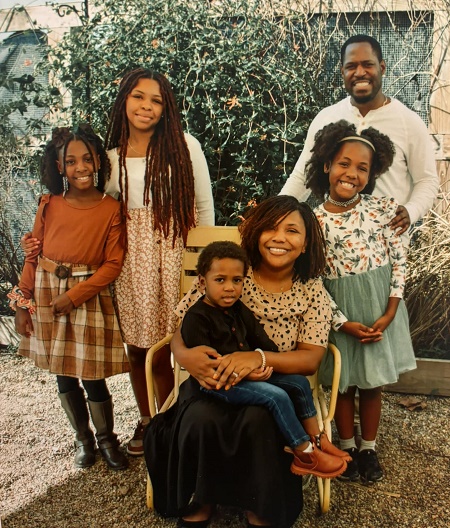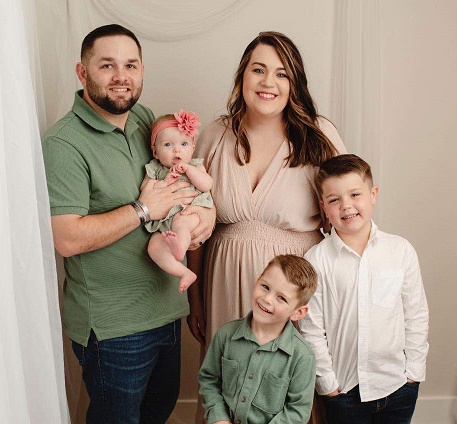
National Foster Care Month: Types of Fostering
When considering foster care, potential foster parents should be aware of the various types to meet the diverse needs of children in care.
- Traditional foster care involves providing temporary homes for children removed from their birth families due to issues such as neglect, abuse, or parental incarceration.
- Kinship foster care allows children to be placed with relatives or close family friends, providing a sense of familiarity and continuity during a challenging time.
- Therapeutic foster care caters to children with complex emotional, behavioral, or medical needs, and requires specialized training and support for foster parents.
- Respite care offers short-term relief for full-time foster families, while emergency foster care provides immediate housing for children in crisis situations.
- Remand foster care is a special type of fostering for children who are awaiting court dates for an offense they are alleged to have committed.
- Short-term foster care provides temporary placement for children until a permanent solution is found, while long-term foster care offers stability and continuity for children who cannot return to their birth families.
- Fostering for adoption allows foster parents to provide a permanent home to children whose parental rights have been terminated, with the intent to adopt. The rules for this differ in each state.*
*While foster-to-adopt is wonderful, understand that most adoption-eligible children are over the age of 10. Infants and toddlers are nearly impossible to adopt via foster care if you aren’t already fostering towards reunification first. Yet thousands of families have found their lives enriched through the beauty of adopting an older child or sibling group.
If you are interested in fostering, please contact Calyn Stringer at 850-264-6713 or [email protected].




